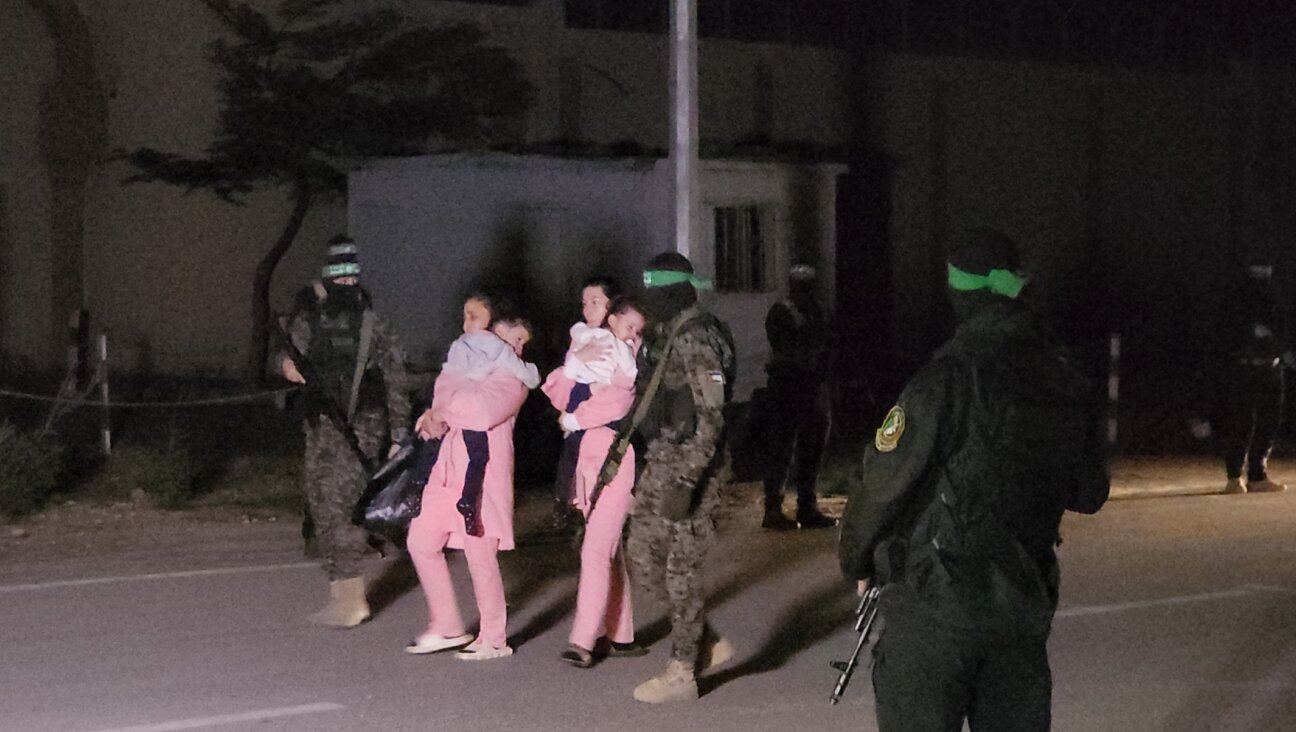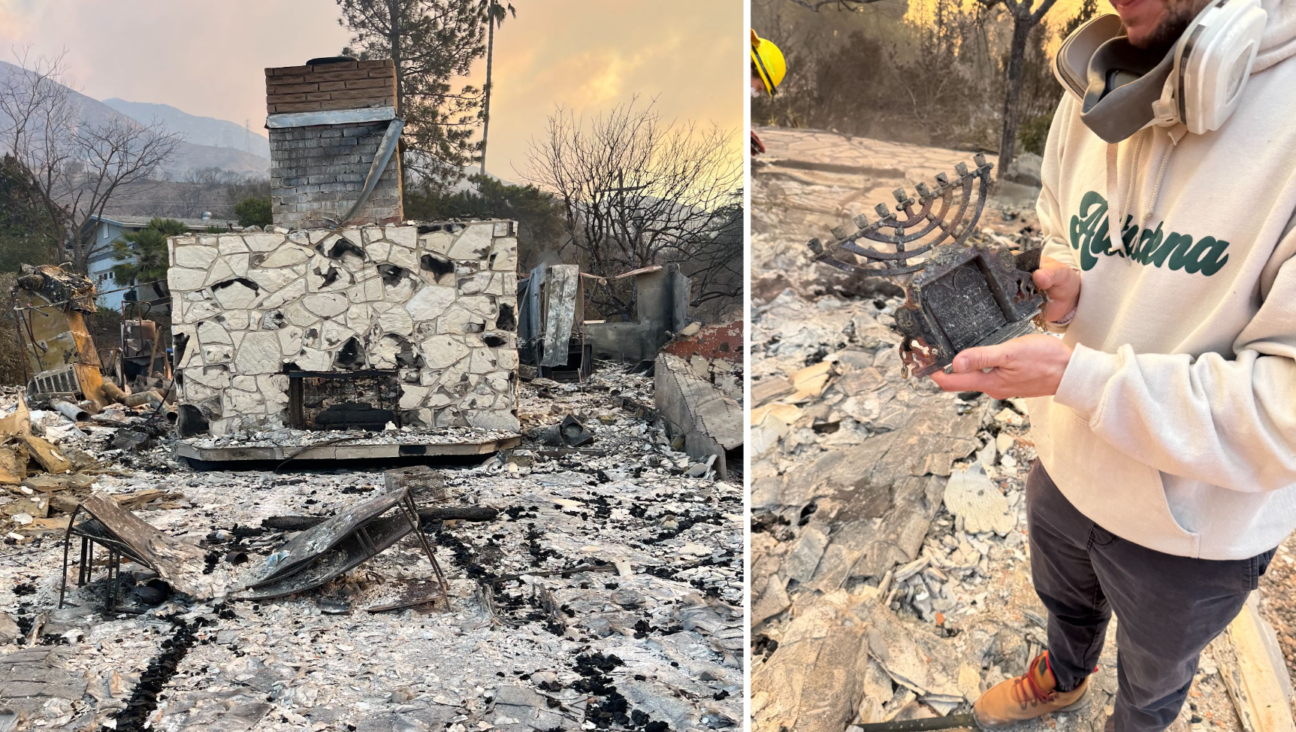Archeologists Find Gas Chamber at Sobibor Death Camp

Image by wikipedia
An archaeological dig at Sobibor has uncovered the Nazi death camp’s gas chambers.
The excavations in Poland have been going on since 2007, and thousands of inmates’ personal items have been found at the site. They include rings, pendants, earrings, jewelry, perfume bottles, medicine cases and food utensils, Yad Vashem said Wednesday.
The water well used at Sobibor’s Camp 1, in which an uprising by inmates took place, also was discovered. The well also contained the personal items of Jewish inmates.
David Silberklang, senior historian at the International Institute for Holocaust Research and editor in chief of Yad Vashem Studies, called the discovery of the gas chambers “a very important finding in Holocaust research.”
“There were no survivors from among the Jews who worked in the area of the gas chambers. Therefore, these findings are all that is left of those murdered there, and they open a window onto the day-to-day suffering of these people,” he said in a statement.
“We will now be able to know more precisely what the process of murder was in the camp, and what the Jews went through until they were murdered. Additionally, finding the gas chambers and their capacity will enable us to estimate more precisely the number of people murdered in Sobibor.”
Archaeologist Yoram Haimi said the staff was “amazed at the size of the building and the well-preserved condition of the chamber walls.”
The Sobibor camp operated between April 1942 and October 1943, during which time some 250,000 Jews were murdered there. In the wake of the camp uprising on Oct. 14, 1943, the Germans decided to dismantle the camp, bulldozing it and leaving no signs that it was a former death camp.
Until now, researchers used survivor testimony for details about the camp.
A message from our Publisher & CEO Rachel Fishman Feddersen

I hope you appreciated this article. Before you go, I’d like to ask you to please support the Forward’s award-winning, nonprofit journalism so that we can be prepared for whatever news 2025 brings.
At a time when other newsrooms are closing or cutting back, the Forward has removed its paywall and invested additional resources to report on the ground from Israel and around the U.S. on the impact of the war, rising antisemitism and polarized discourse.
Readers like you make it all possible. Support our work by becoming a Forward Member and connect with our journalism and your community.
— Rachel Fishman Feddersen, Publisher and CEO























